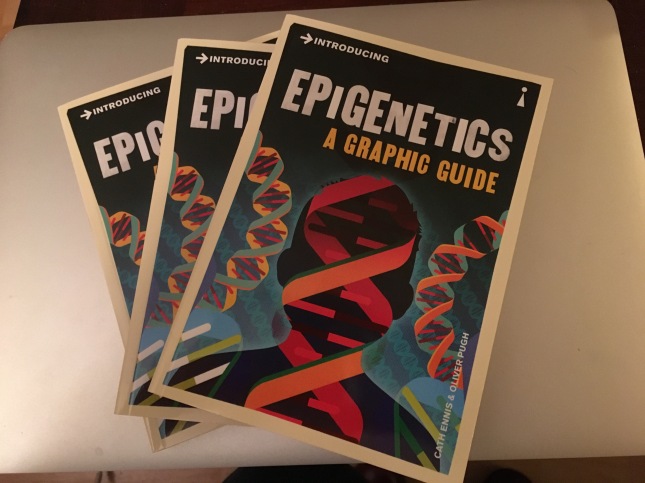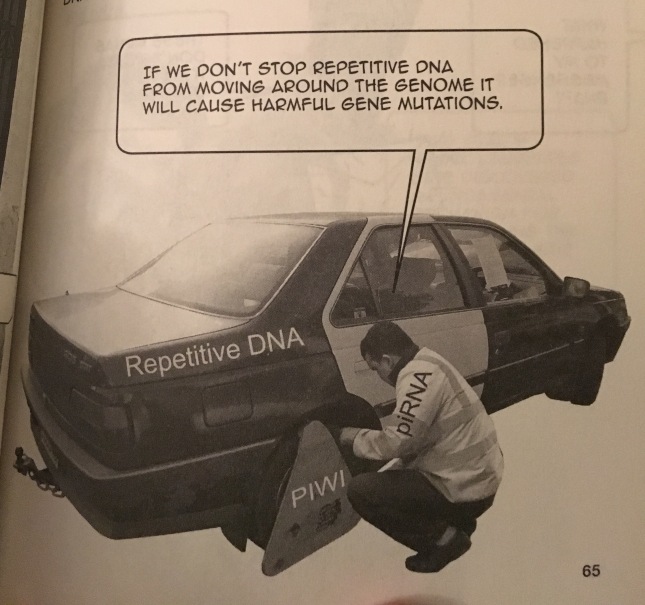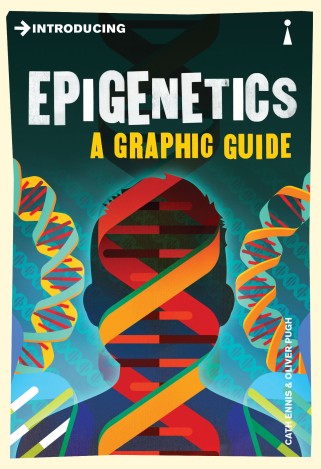Looking for an epigenetics-based game for your classroom, or an academic lecture or video abstract about cancer drug development? An introductory infographic or animation designed for the general public? A protocol walk-through of a new epigenomics or bioinformatics method?
Well, I might just have what you’re looking for in this list I’ve assembled* of more than 300 articles and multimedia resources. The list includes articles, videos, audio recordings, infographics, games, slide decks, and online courses on various epigenetics-related topics, designed for all audience types from schools to the general public to academic experts. You can sort by creator, media type, topic, primary target audience, and year.
The vast majority of the items in this collection comprise content I’ve shared on the International Human Epigenome Consortium twitter account. As such, there’s a heavy bias towards topics related to human health, although there are also some resources that are relevant to other fields, such as agriculture, ecology, and evolution.
Items that I stumbled across online, or that people sent to me, were tweeted out pretty much as I found them – there was no attempt to perform a systematic survey of all available outreach and multimedia resources. If you’ve made, or know of, a resource that you think should be on this list, please send me a link and I’ll have a look! I’ll keep adding to the list as I come across new resources, and will update the online version every few months.
—-
*on behalf of the Kobor Lab (University of British Columbia and BC Children’s Hospital Research Institute), UBC’s Human Early Learning Partnership, and the International Human Epigenome Consortium
Neither I, nor any member of any of the organisations listed above, is responsible for the content of any items written or produced by third parties. Please be aware that some of the information included in the older resources in particular is no doubt out of date by now. I vetted all items at the time I originally tweeted them, but have not re-checked every word or every minute of them while building this spreadsheet, and it’s possible that some of them have been altered or updated.
You can download the spreadsheet here: Epigenetics Outreach and Multimedia Resources List
 The reality is that there is a broad spectrum of opinions about epigenetics, ranging from the purely pseudoscientific (e.g. your thoughts can stop or give you cancer) to believing the field to have little significance in the grand scheme of gene regulation to believing the theory of evolution needs to be rewritten because of epigenetics. Ennis does not shy away from some of these controversial ideas but does make sure to place the appropriate disclaimers.
The reality is that there is a broad spectrum of opinions about epigenetics, ranging from the purely pseudoscientific (e.g. your thoughts can stop or give you cancer) to believing the field to have little significance in the grand scheme of gene regulation to believing the theory of evolution needs to be rewritten because of epigenetics. Ennis does not shy away from some of these controversial ideas but does make sure to place the appropriate disclaimers.

 I’m very excited to officially announce that I have a new book coming out next year!
I’m very excited to officially announce that I have a new book coming out next year!